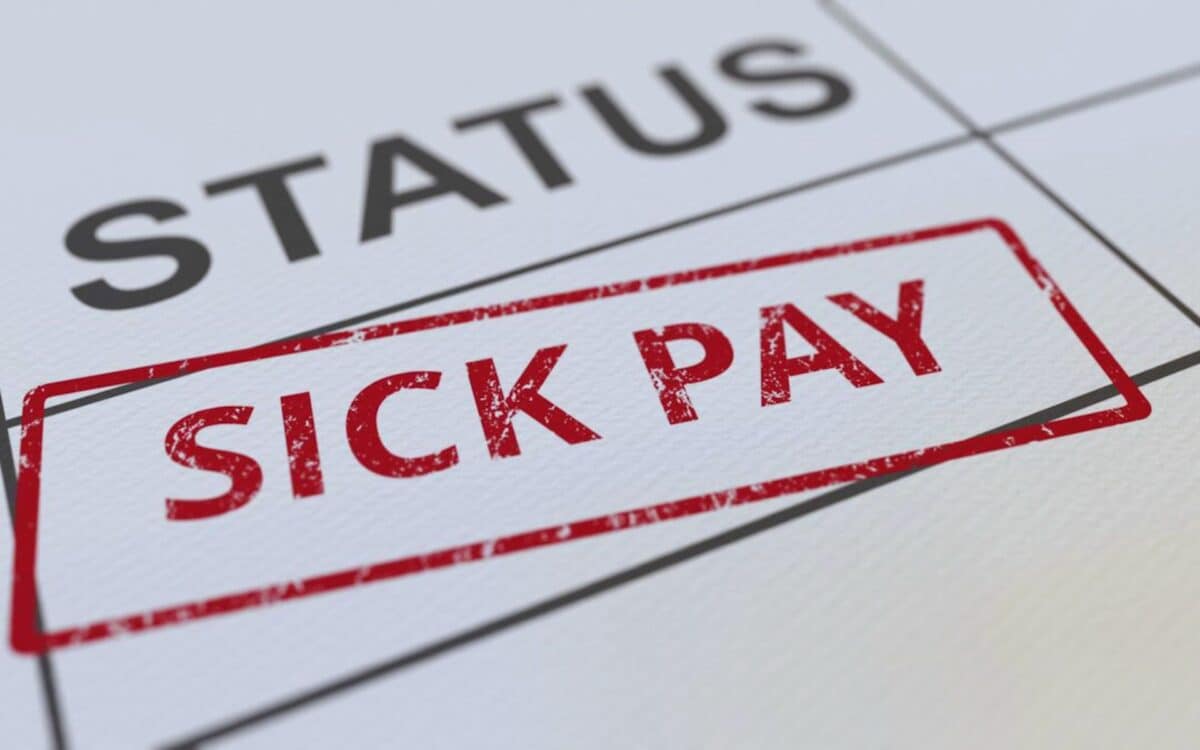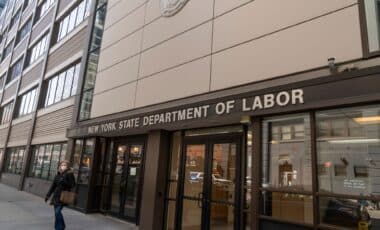The Employment Rights Bill, which recently passed its second reading with a vote of 386 to 105, seeks to ensure that as many as 1.3 million of the lowest-paid workers will qualify for statutory sick pay (SSP). This New legislation aims to significantly improve the working conditions and financial security of low-paid employees in the UK.
Main Changes in Eligibility for Sick Pay
The proposed bill will abolish the existing threshold that prevents individuals from earning under £123 a week from receiving SSP. Furthermore, it aims to grant workers access to this benefit from the first day of illness, eliminating the current three-day waiting period. Under the new provisions, workers could receive between 60% and 80% of their earnings, while the existing cap of £116.75 per week will remain in place.
For instance, if an employee earns £100 per week, they would receive £80 in SSP at an 80% rate. Conversely, an employee earning £150 per week would receive the capped rate of £116.75.
Liz Kendall, the Work and Pensions Secretary, expressed concern over the difficult choices faced by sick employees, stating: “Sick employees face an agonising decision: stay home and lose a day’s pay, or soldier on and risk worsening their condition just so they can put food on the table and make ends meet.” She emphasised the need to address the “broken labour market” and improve working conditions and job security.
The bill is projected to benefit around 10 million workers by establishing new rights from the start of employment, including provisions for parental and bereavement leave, sick pay, and protection against unfair dismissal. Additionally, it proposes a ban on zero-hours contracts and the controversial practice of fire and rehire.
Concerns from Small Business Sector
Among other concerns, the Federation of Small Businesses (FSB) has highlighted fears that this legislation could stifle small businesses. One of the FSB officials, Tina McKenzie, regards the bill as “a rushed job, clumsy, chaotic and poorly planned,” insisting it will be too much for small business employers to implement 28 newly introduced measures at the same time.
She cautioned that this might lead to a slump in the economy and more job cuts, noting that even now there are 65,000 fewer payroll jobs since the Labour Party came into power.
In contrast, Deputy Prime Minister Angela Rayner argued that the Labour government’s approach to “make work pay” is indispensable for increasing productivity and fostering economic growth. Unions have described the proposed measures as a departure from the low pay and low productivity economy created by the Conservative government as a “seismic shift”.









